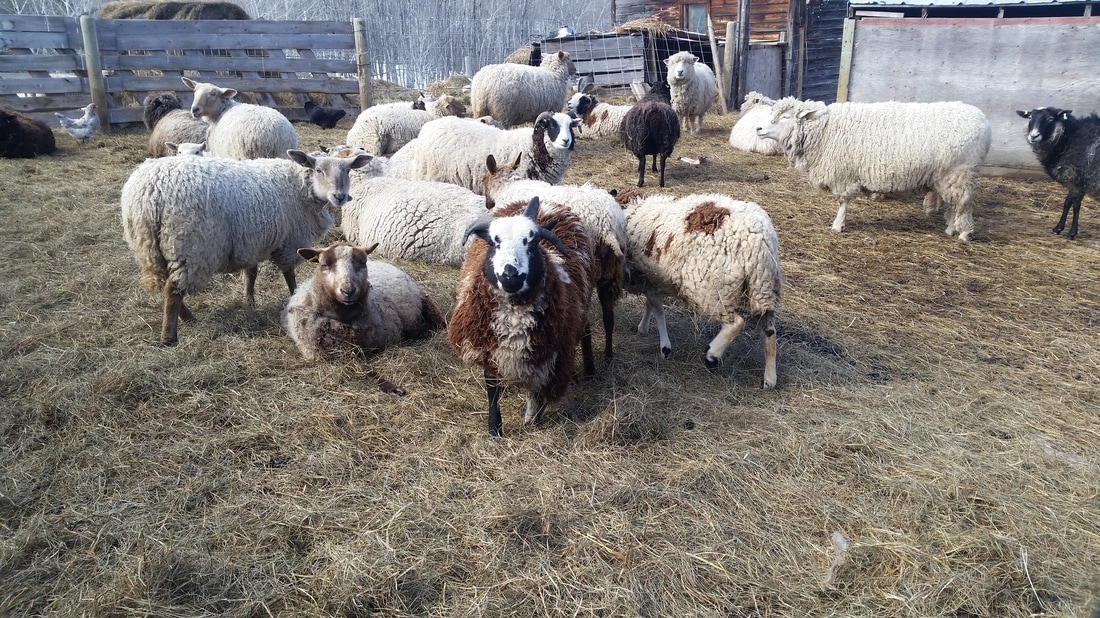I read an article this morning about microfibres polluting our world at an alarming rate. Fleece, that soft, fluffy, cozy, material is BAD! very BAD! I knew that long ago. Over a decade ago, I opened an organic lifestyle store and advocated for natural fabrics and fibres only. There are more reasons to use only natural fibres, such as the chemicals used to produce synthetics, and even fibres from recycled plastic bottles purported to be warmer and better than organic ones, are not a solution. For one, plastic bottles pollute and use exorbitant amounts of water in production and a second time in the making of fleece from the recycled bottles. That solution is simple. No plastic bottles. The transition needs to happen for the sake of our children and grandchildren.
It seems that microfibres from fleece depart from the fabric with every wash and as the fabric is aging, even more fibres dislocate. That is why fleece clothing is very fluffy when purchased and after repeated washing, loses its volume. But where do the fibres go?
Well, they go into the water, because they are being dislodged in the washing machine. Large amounts of the fibres are concentrated where city water supplies are discharged. Aquatic life there is changing rapidly, mutating, dying, and becoming smaller, mostly because the fibres lodge in the digestive tract and impair the ability to absorb nutrients, but also, they emit poisons from the slowly decaying particles that affect the physiology of the fish and the animals who eat the fish (humans, too).
So, the answer to the crisis is reeducation and sheep. Sheep, wool sheep, provide a fabric that is soft, warm or cooling as it is an insulator, and is long lasting. It is freely given up by shearing the sheep, which can be a food source and a milk source. There are many ways to use the wool from sheep, from cleaning, spinning and knitting garments, to making batts to stuff sleeping bags and blankets with. The batts can be refluffed when they mat down, so essentially the years of use is phenomenal compared to synthetics, which have a short life and then are discarded. Landfills are chock full of plastics in the form of fleece, being comforter stuffing, toy stuffing, or fabric for the clothing we wear. It does not biodegrade readily and thousands of years from now, there will still be poly fibres floating around old landfill sites. Wool, on the other hand, returns to the elements from which it is made, the elements of the Earth, and even provides fertilizer for the growing things on the planet. I use fleece that is too heavily contaminated with hay and other vegetative matter as a mulch in my flower beds and a liner for hanging baskets and in between garden rows. It takes quite a while to biodegrade, but does eventually and returns to the carbon elements of the soil, with a host of other beneficial nutrients.
In long years past, baby items were woolen and they were painstakingly made, from the raw wool to the spun and knitted garments and blankets, and then they were passed on to the next generations. Small holes were darned and the use was continuous for many generations. Finally, when there were more repairs than original garment, the item was used for a floor rug or other, until it was composted at the end of a long and loved life. Today, parents do not want to be bothered with wool. It cannot be washed and dried in the machines as readily as fleece and requires more care, which in turn means time, and they do not think they have that time. Turn off the television and find those minutes!
Seriously, our world is in big trouble. We have a lot of people to feed and our stupidity and lack of concern is making many very ill in our own country. Diabetes, MS, obesity and such are related to autoimmune diseases and we know now, we ARE what we eat. Well, it seems, we are also becoming very contaminated with plastic molecules, fibres and beads as well, and we ARE the only ones who can change that. I urge you to find your voice and request wool clothing and blankets and to take the time to look after them for the next generation and the next. I sleep under a wool filled duvet, and on a wool filled mattress pad. I will tell you that in my entire life, I have never been so comfortable in all weather. I try to wear wool clothing and incorporate wool in my life, but then I am a sheep farmer. If we stopped eating beef, we could raise at least 7 sheep for each cow and that in turn would give us a huge supply of wool for our daily needs. See?
We know about the harm microbeads in cosmetics cause and many countries have made laws to ban them. Now that we know about the microfibres, we need to make our cries heard. Wool and sheep, solving the crisis four legs at a time. Backyard sheep anyone?


 RSS Feed
RSS Feed